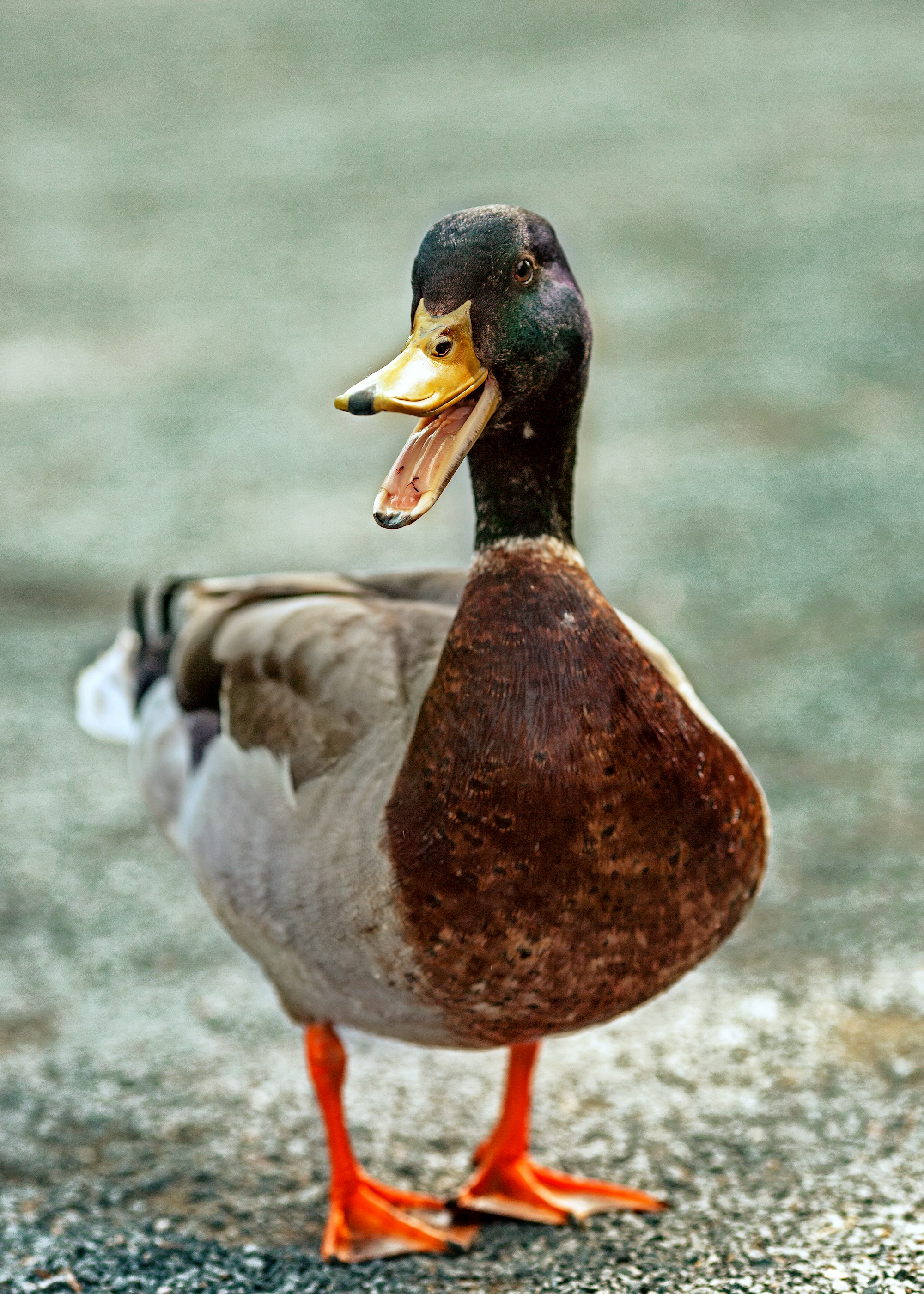Democratic Reformist Front and People's Unity Party to merge in Scotland
The two parties have merged into the Scottish Progressives in what appears to be a new direction for the Democratic Reformists, but the new party may struggle to make headway

Pictured: Imadearedditaccount5 reacting to the results of the merger vote last night (Lily Hail / The Independent)
The Scottish Reformists announced that they would merge with the Scottish People's Unity Party into the Scottish Progressives last night in an announcement that took many observers by surprise.
The merger sees Scottish Reformist leader Imadearedditaccount5 assume the position of co-leader, which will be shared with the PUP's Greenleader_.
The announcement was particularly surprising as the other devolved branches of the Democratic Reformist Front are staunchly nationalist – specifically, the Irish Parliamentary Party in Northern Ireland and Plaid Cymru in Wales. This contrasts with the Scottish Progressives' anti-independence position.
Speaking to the Independent last night, imadearedditaccount5 dismissed characterisations of the merger as a turnaround for the Democratic Reformists.
While nationally the DRF support devolution and such it is not actually national policy to be Nationalist in devolved nations. Originally in fact before mergers with the IPP and PC the DRF held a neutral stance on the union. In the DRF all devolved branches are given considerable independence and I do truly believe that this was the best move for us in Scotland.
The move also saw Lambbell appointed as Deputy Leader of the Scottish Progressives. The Chairman of the DRF has seen more involvement in politics lately, becoming an MSP and appearing on the Independent's question time this week.
The DRF has seen a shift in tone recently, particularly as their position in the polls has continued to slip. Once attracting some seven per cent of the vote in national opinion polling on their ideologically neutral, anti-monarchy platform, the party has flirted with the possibility of adopting a more comprehensive policy platform. While speaking during Question Time, Lambbell committed not to make any major cuts to Defence spending in a DRF government.
Despite this, the DRF seemed to be keen to maintain their ideological broad tent. When asked if this could herald a broader shift towards the PUP's policy nationally, Imadearedditaccount5 said
No I do not believe so. This merger is strictly on the devolved level. Seeing as issues such as the monarchy are reserved issues it will not be an issue in Scotland.
It appears that much of what the new party's policy will be hasn't been hammered out yet. Beyond what was set out in the introductory letter, the new party did not set out much in the way of policy, and the tone from the Scottish Progressives indicates that much of the platform remains to be set out.
Well personally I shall be pursuing the former Scottish Reformists policies in relation to education and health as well as supporting several government initiatives in relation to education, culture and sport. Of course we will now have to write up our policies and I am sure we will have a more clear idea after that has been done.

It's notable that the co-leader of the Scottish Progressives made a point about the DRF's devolved branches originally adopting neutral positions on the union. While the Scottish Reformists won a victory in entering Holyrood at the last election, it appeared to more or less be a one man band of Imadearedditaccount5 keeping them afloat in the polls. It raises questions about the efficacy of the 'Other' designation, particularly in Scotland.
It's a story repeated in the Labour Party as well. While the 'Other' designation appears to be working for Llafur Cymru and the Labour Party in Northern Ireland – with Secretary_Salami and Borednerdygamer becoming First Ministers – it's struggled to connect with voters in Scotland. Youmaton and Scottish Labour have struggled to make headway against the behemoth that is the Scottish Conservatives, particularly after absorbing the Classical Liberals.
It will be interesting to see whether or not the new party can make much progress in Scotland. While Labour haven't made a stellar performance in the polls, it's certainly not for a lack of trying, and the Scottish Progressives could find themselves arriving too late to what is by and large a two-party system in Holyrood.
Lily Hail is the editor-in-chief of the Independent.

